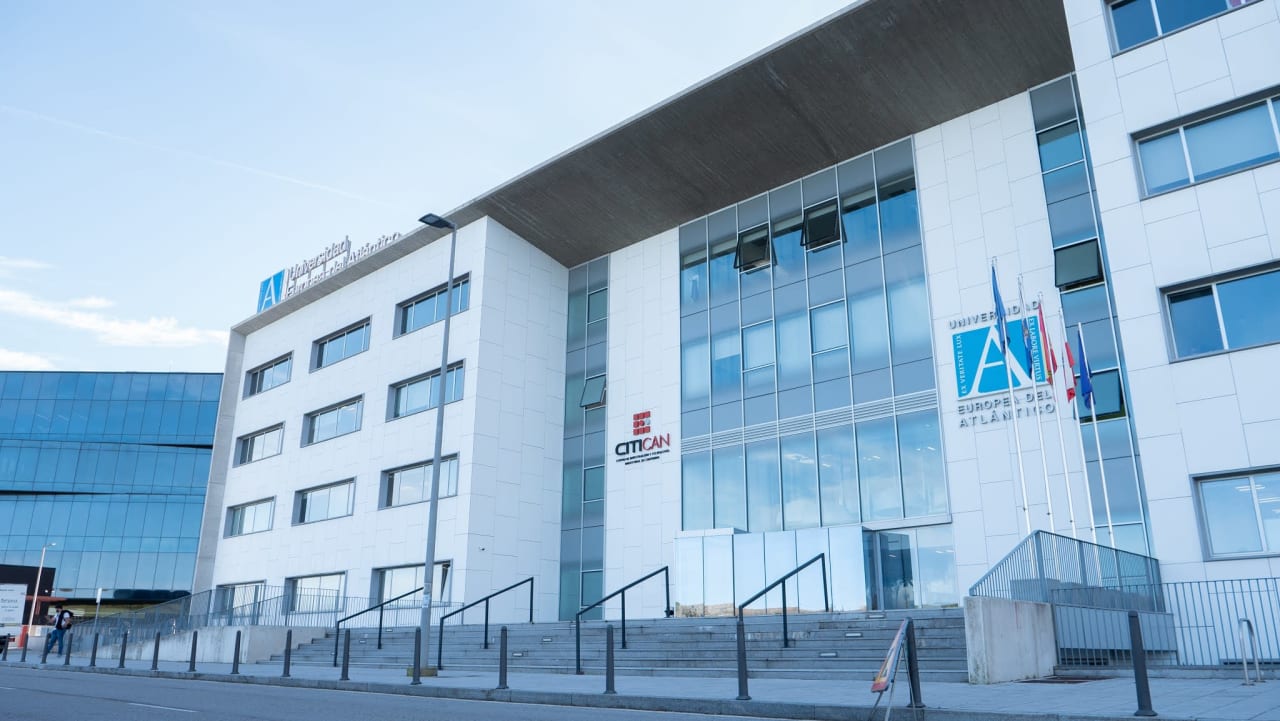
Degree in Journalism + University Expert in International Relations
Universidad Europea del Atlántico

Key Information
Campus location
Santander, Spain
Languages
Spanish
Study format
On-Campus
Duration
8 semesters
Pace
Full time
Tuition fees
Request info
Application deadline
Request info
Earliest start date
Sep 2024
Introduction
The double degree of the Degree in PER + University Expert in International Relations of the Universidad Europea del Atlántico aims to respond to the challenges posed by today's society.
The objective of these studies is to train journalists who respond to the characteristics of a new hyper-connected society on a global scale, in which communicators must face the challenge of promoting understanding and exchange as geographical barriers dissolve. For this reason, it seeks to train professionals who have the ability to develop their work from the foundations of a solid training in international relations.
In this way, these studies emphasize, within the framework of the global competencies associated with the exercise of the journalistic profession, comprehensive training in matters such as international relations, public relations, foreign policy, cooperation or international trade, relying on the domain of the customary languages of supranational institutions and world markets.
This global and rigorous degree is designed together with relevant international personalities who accompany our students in the training process, in addition to providing our students with a solid academic foundation.
Our students will develop the necessary skills to practice as journalists specialized in international issues, correspondent, heads of communication offices of supranational institutions, non-governmental organizations and companies characterized by internationalization or communication consultants specialized in international issues within any type of institution.
This double degree has among its teachers active professionals in the international arena, and among its students young people from different parts of the world, which will allow them to acquire a global vision of the problems that occur in the world and their solutions.
English at University
English, the key to your present and future
Currently, one of the essential tools in international communication, and the key that opens the possibilities to find a good job both in Spain and abroad, is English. In our country, 80% of job offers already require an excellent command of this language and, on many occasions, this criterion is imposed above others such as the record or professional career.
That is why at the Universidad Europea del Atlántico and the Degree in Journalism, training in this language is promoted and four compulsory English language subjects are included in the study plan with the aim that the student reaches a high level in this idiom. In addition, the international profile of the university promotes and facilitates the development of this language.
So that the previous level of English does not pose a barrier to access to studies, UNEATLANTICO provides personalized teaching, especially during the first year, so that all students achieve sufficient language skills in English with which to successfully pass the subjects of the career.
In this way, regardless of their starting level of English, with a global support plan based on tutorials, specific materials and very small work groups, the student can follow the classes in a Spanish / English bilingual system progressively and at At the end, they will have acquired bilingual skills for the exercise of their profession.